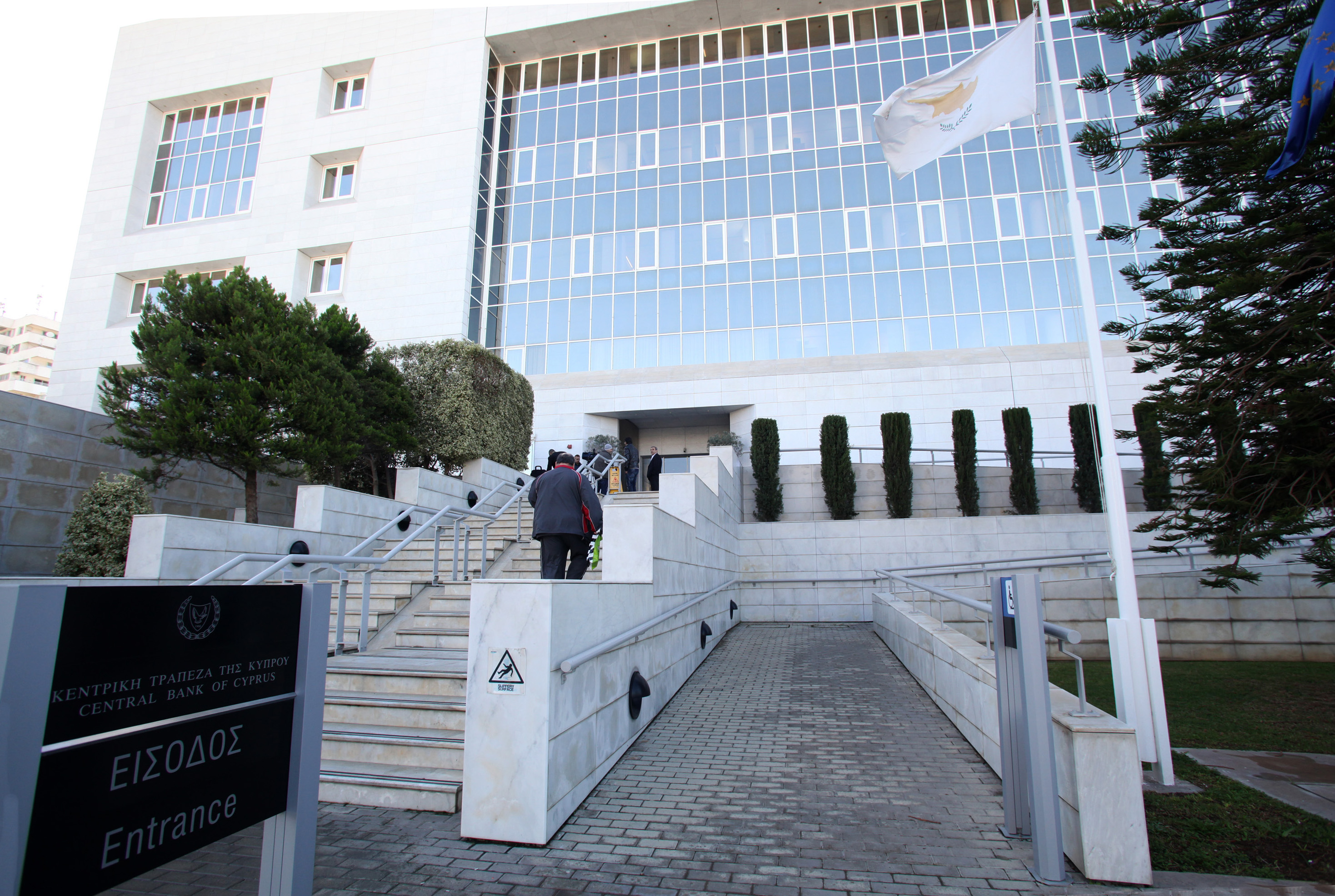By Andreas Charalambous and Omiros Pissarides
In recent decades, inflation in developed economies has been contained at historically low levels. With the onset of the pandemic in early 2020 and the negative impact on businesses and households, authorities focused on boosting economic activity, through substantial increases in budget spending. At the same time, central banks adopted expansionary monetary policies, primarily through the mass purchase of assets and government bonds and the maintenance of low interest rates. For a period of time, these policies did not lead to intensifying inflationary pressures.
However, especially in the last months of 2021, a rapid upward trend in prices was observed, which was exacerbated by recent events in Ukraine and the consequent adverse effects on production and prices of energy, foodstuff and raw materials.
The EU is heavily dependent on Russia for oil and gas supplies, while it imports large quantities of grain from Russia and Ukraine. As a consequence, households and businesses are struggling to cope with the rising cost of energy and the supply of basic goods. In the current context, the governments’ ability to offset the declining purchasing power and to provide support to economies is limited. Furthermore, under the hypothetical scenario whereby the EU decides to abruptly halt oil and gas imports from Russia, the additional adverse effects on economic activity, employment and living standards would be enormous. Most analysts believe that, under such a scenario, the risk of stagnation would be a realistic outcome, with the simultaneous occurrence of inflation and unemployment making policy response particularly complex.
In Cyprus, inflation has already reached its highest level over the last two decades, fuelled by the rising prices for imports. Inflation exceeded 7 per cent in March and is expected to remain high, at least in the coming months, further impacting purchasing power, production costs and, consequently, growth. Already, the Central Bank of Cyprus has revised its economic growth expectations for 2022 from 4 to 2 per cent, with the possibility of further downward revisions in the case of a prolonged war in Ukraine. At the same time, the Ministry of Finance estimates that each percentage point increase in inflation adds €10m in expenditure to the public budget, as a result of increased benefits, thereby further burdening the already high public debt.
In such an unyielding environment, the dilemmas posed for economic policy are substantial. Despite the budgetary challenges, however, support for households and businesses is still needed, potentially by adjusting the priorities under Cyprus’ Recovery and Resilience Plan which has been submitted to the EU institutions. In parallel, the conditions seem to be ripe for a review of our energy policy and a faster promotion of renewable energy sources, thus reducing Cyprus’ dependence on oil imports, while creating new opportunities for employment and growth with a positive environmental impact.
Andreas Charalambous is an economist and a former director at the Ministry of Finance. Omiros Pissarides is the managing director of PricewaterhouseCoopers Investment Services








Click here to change your cookie preferences